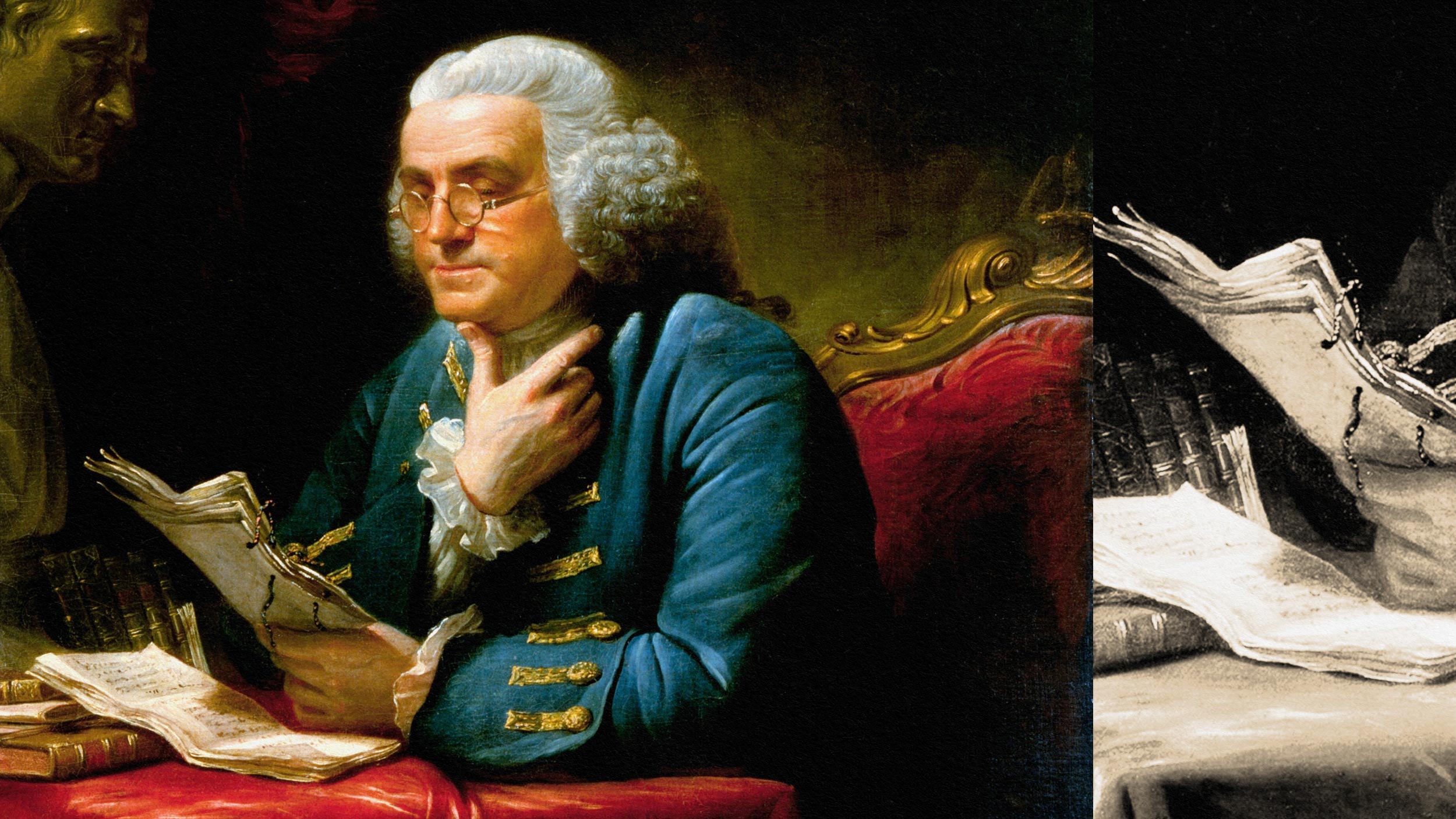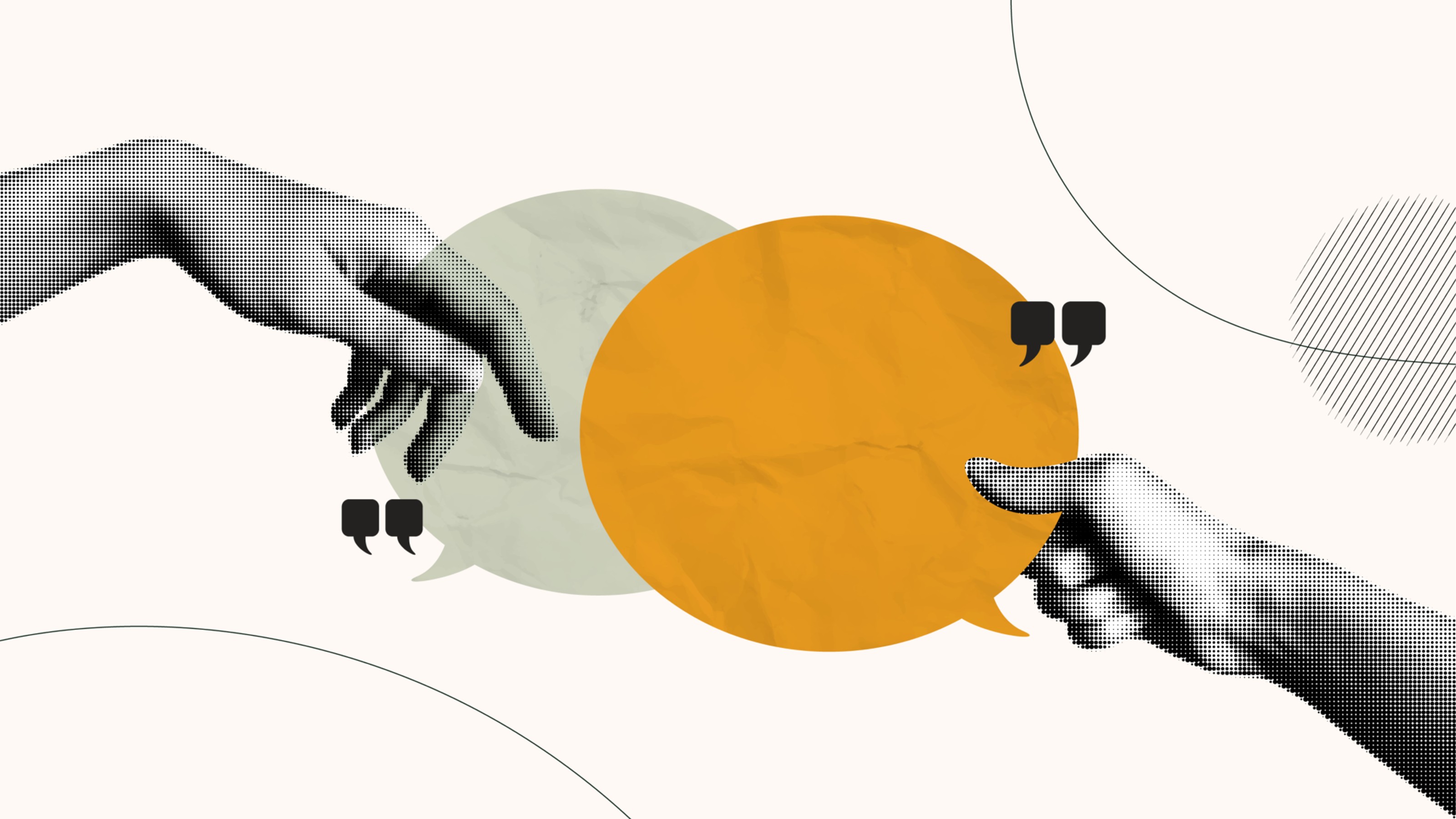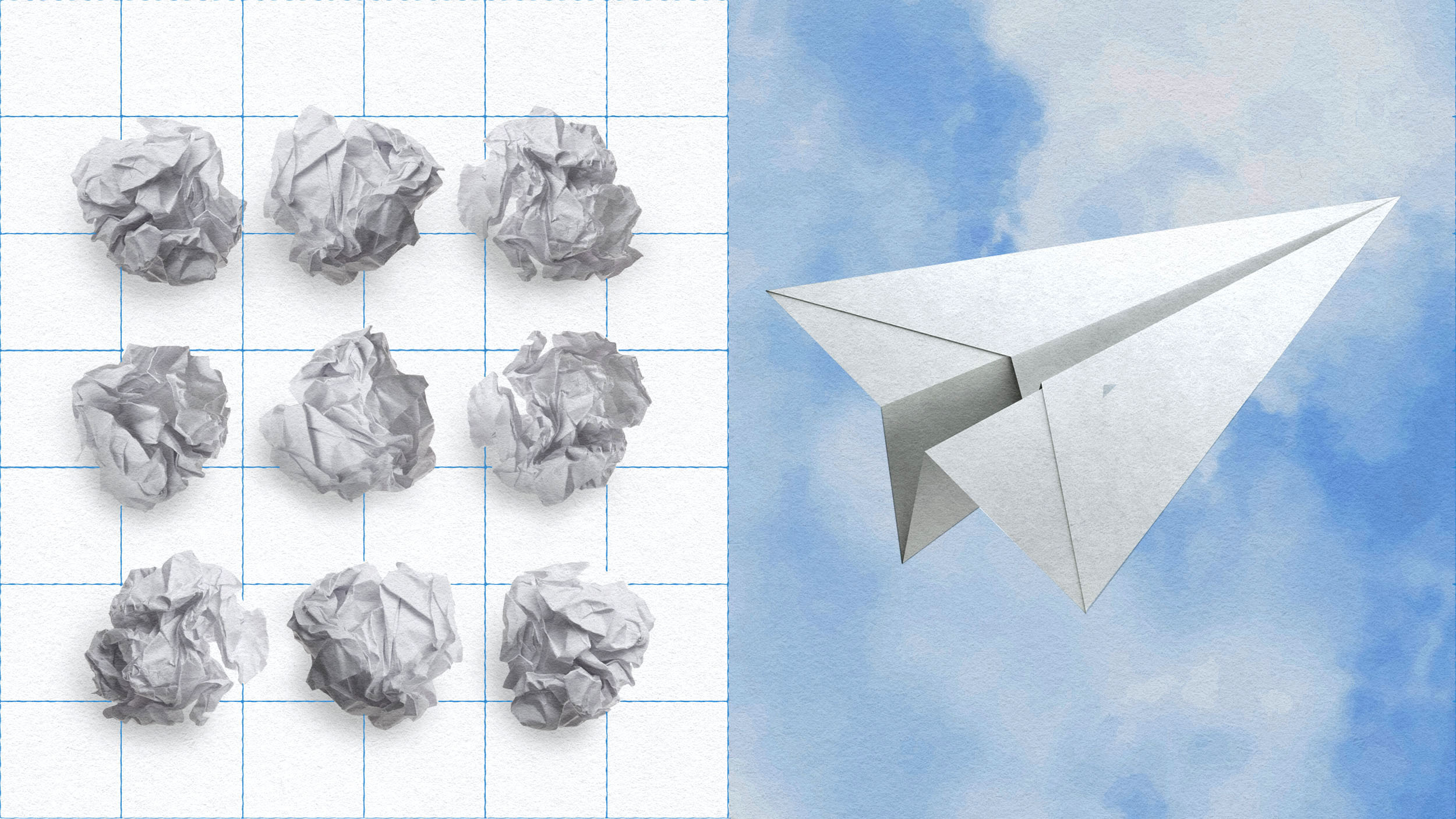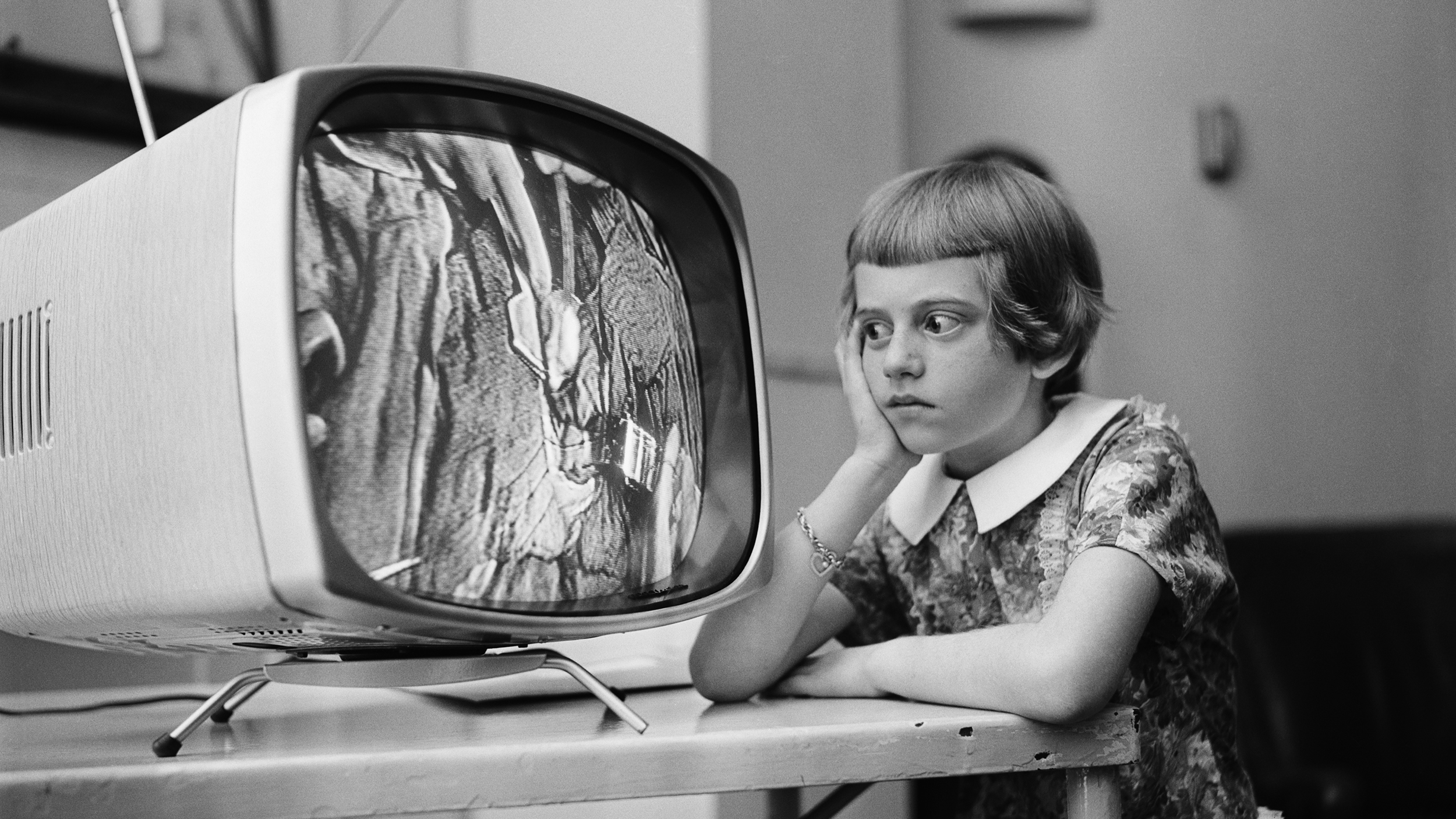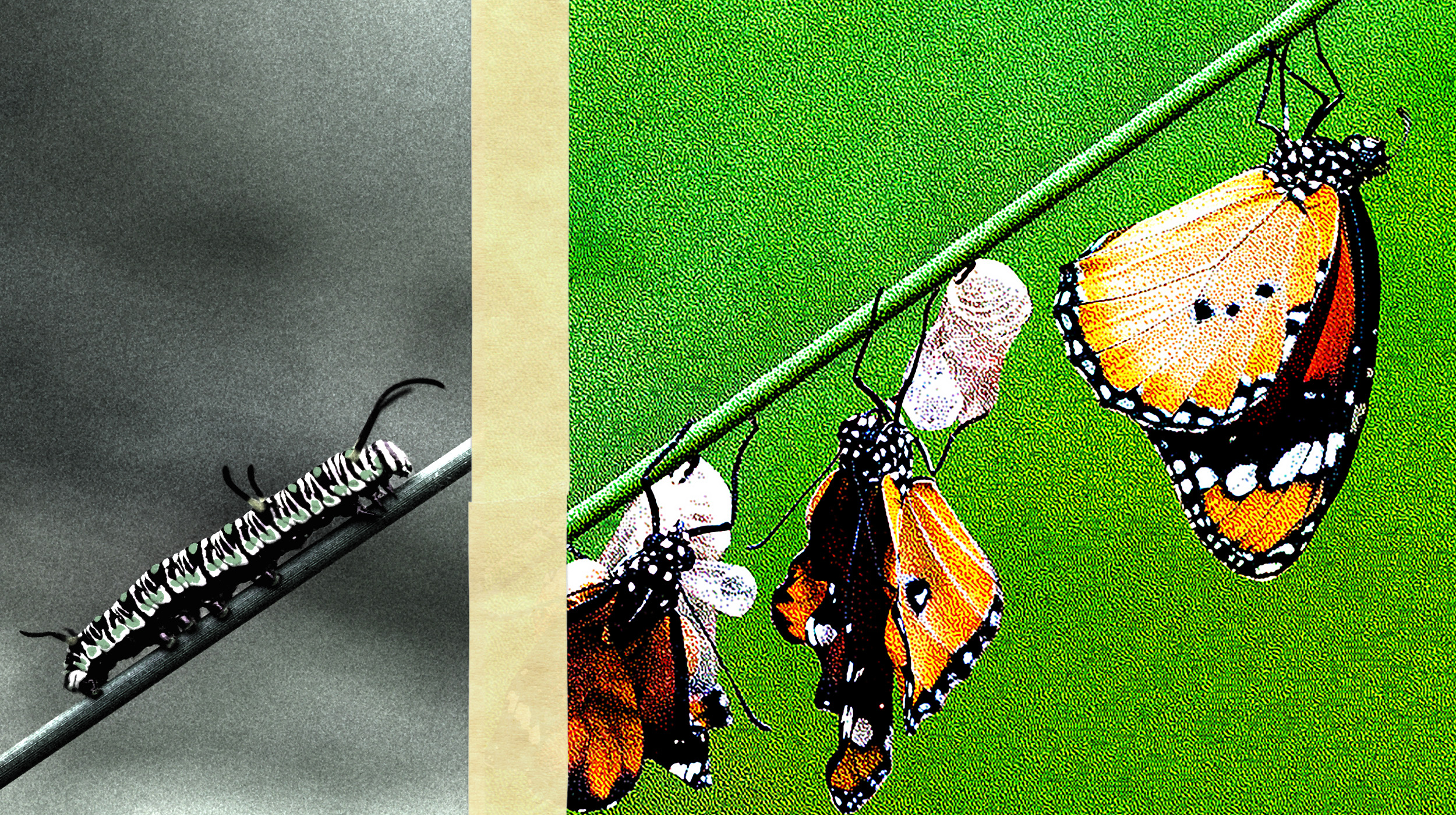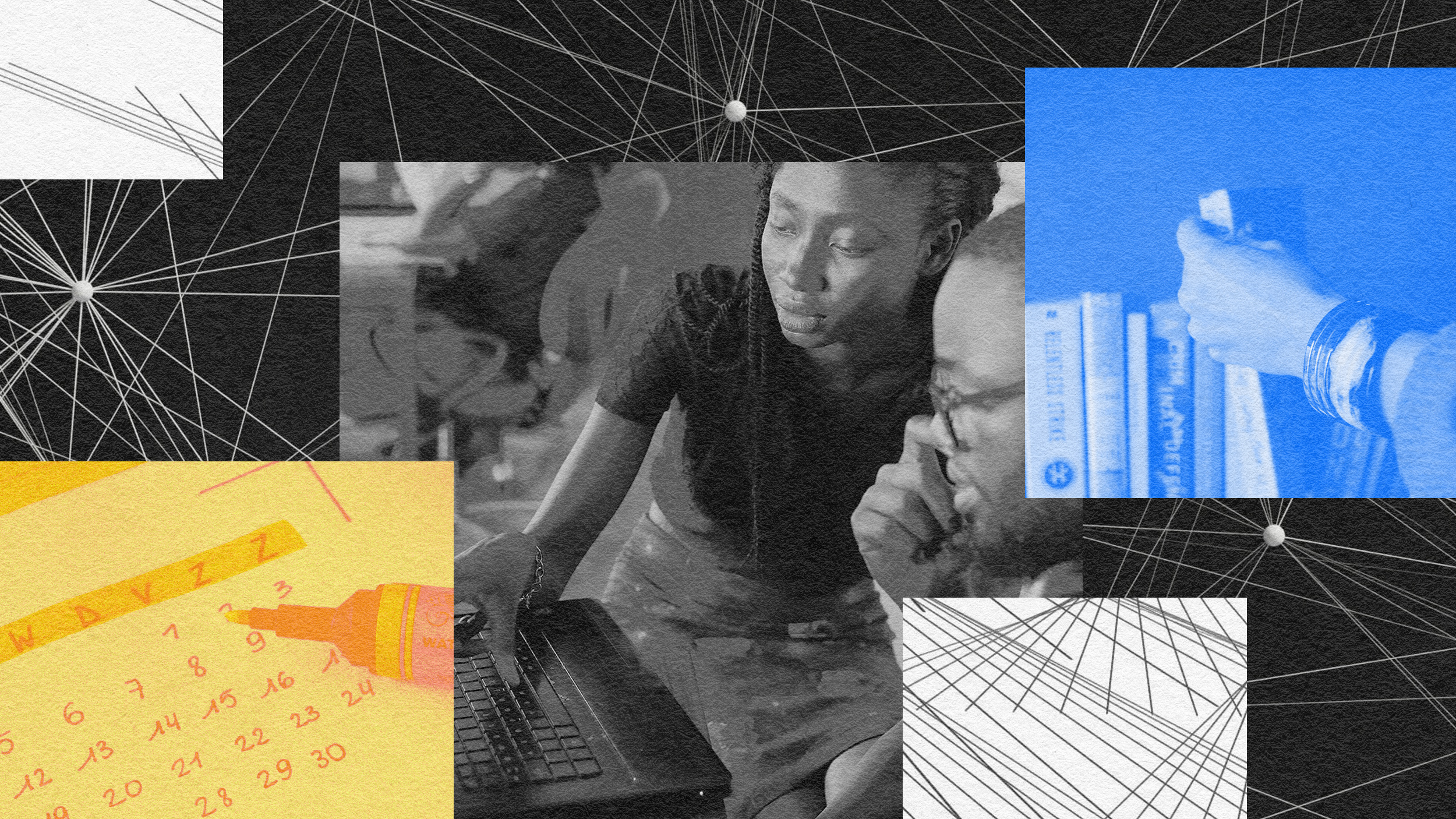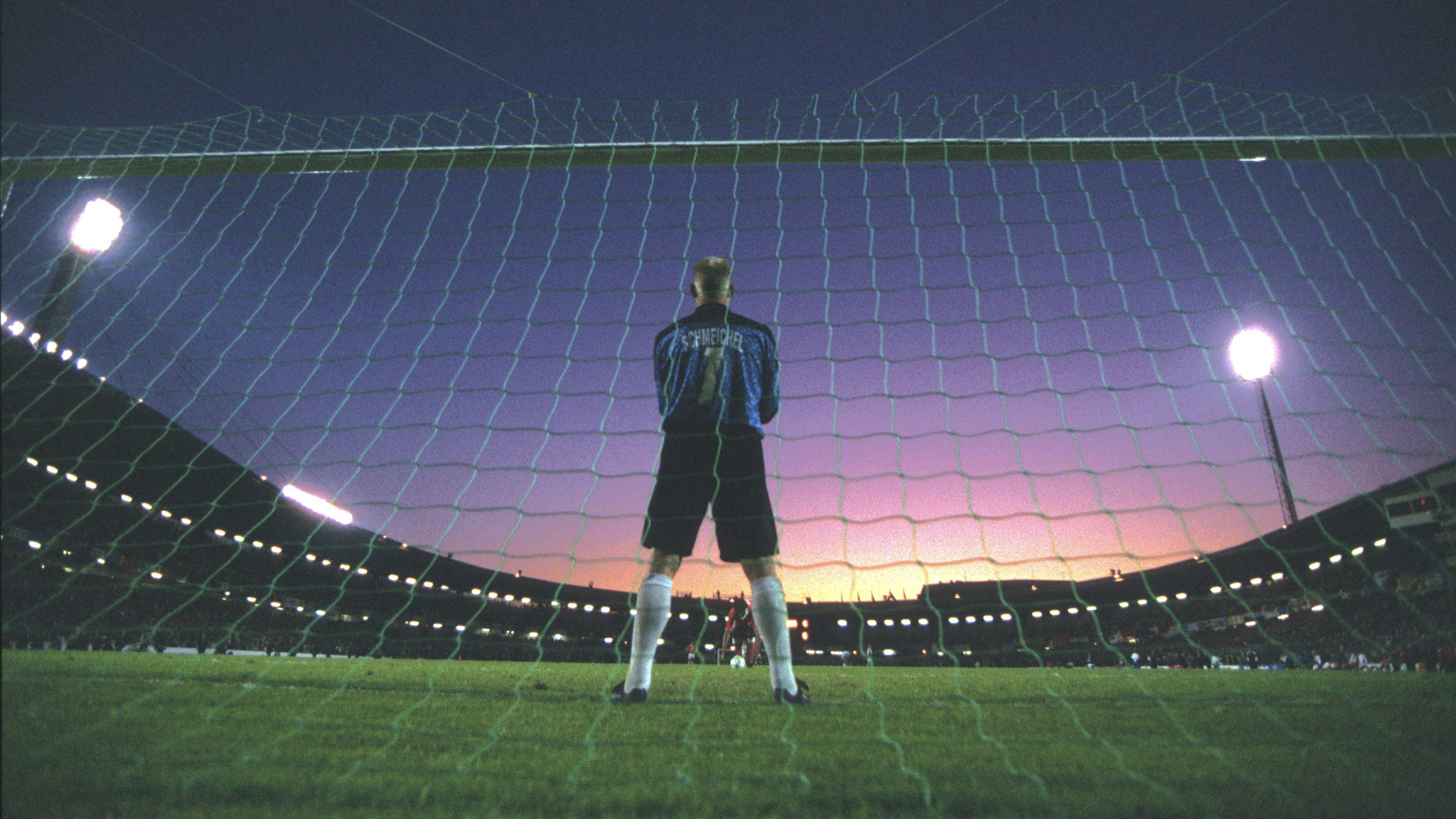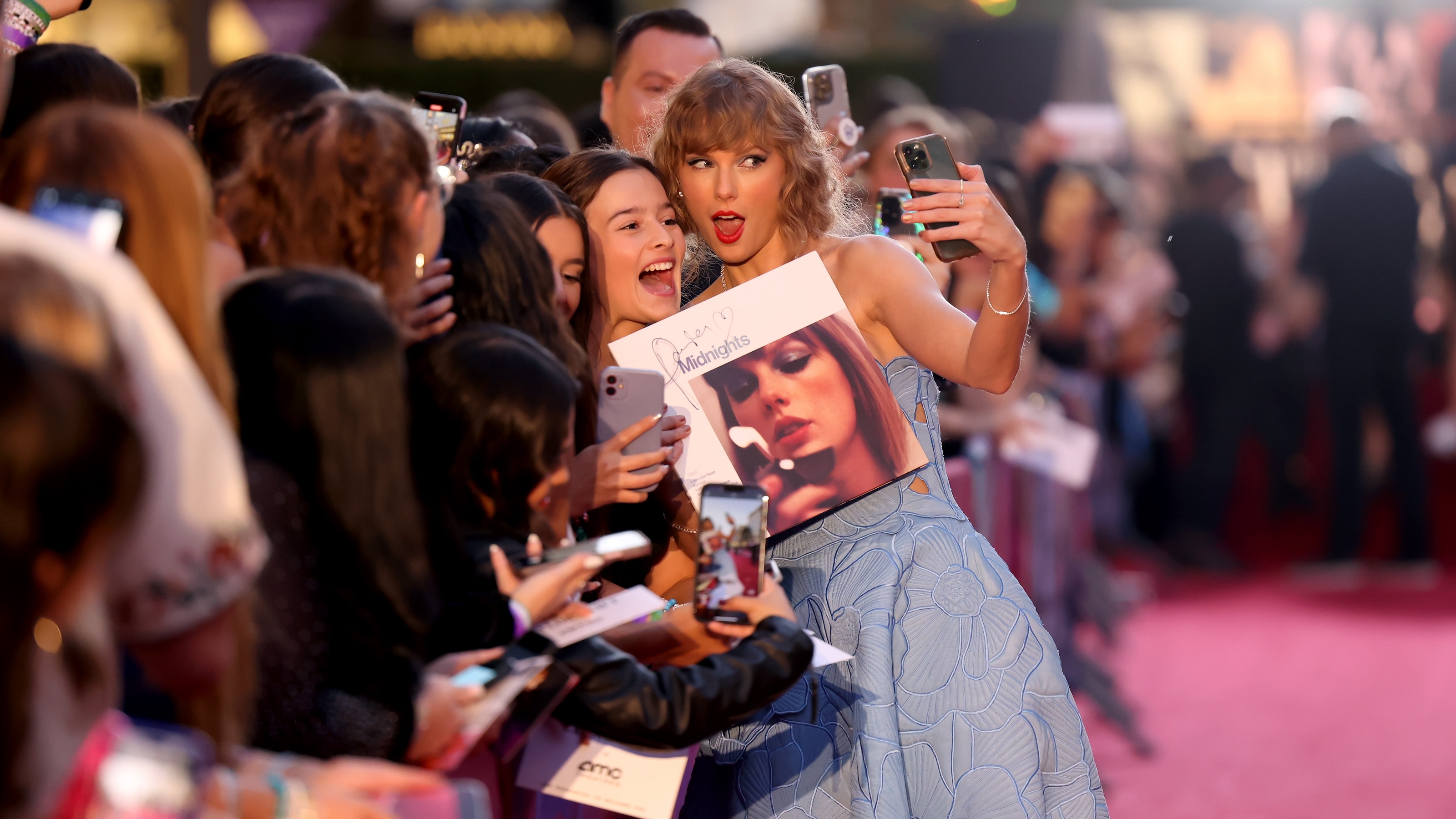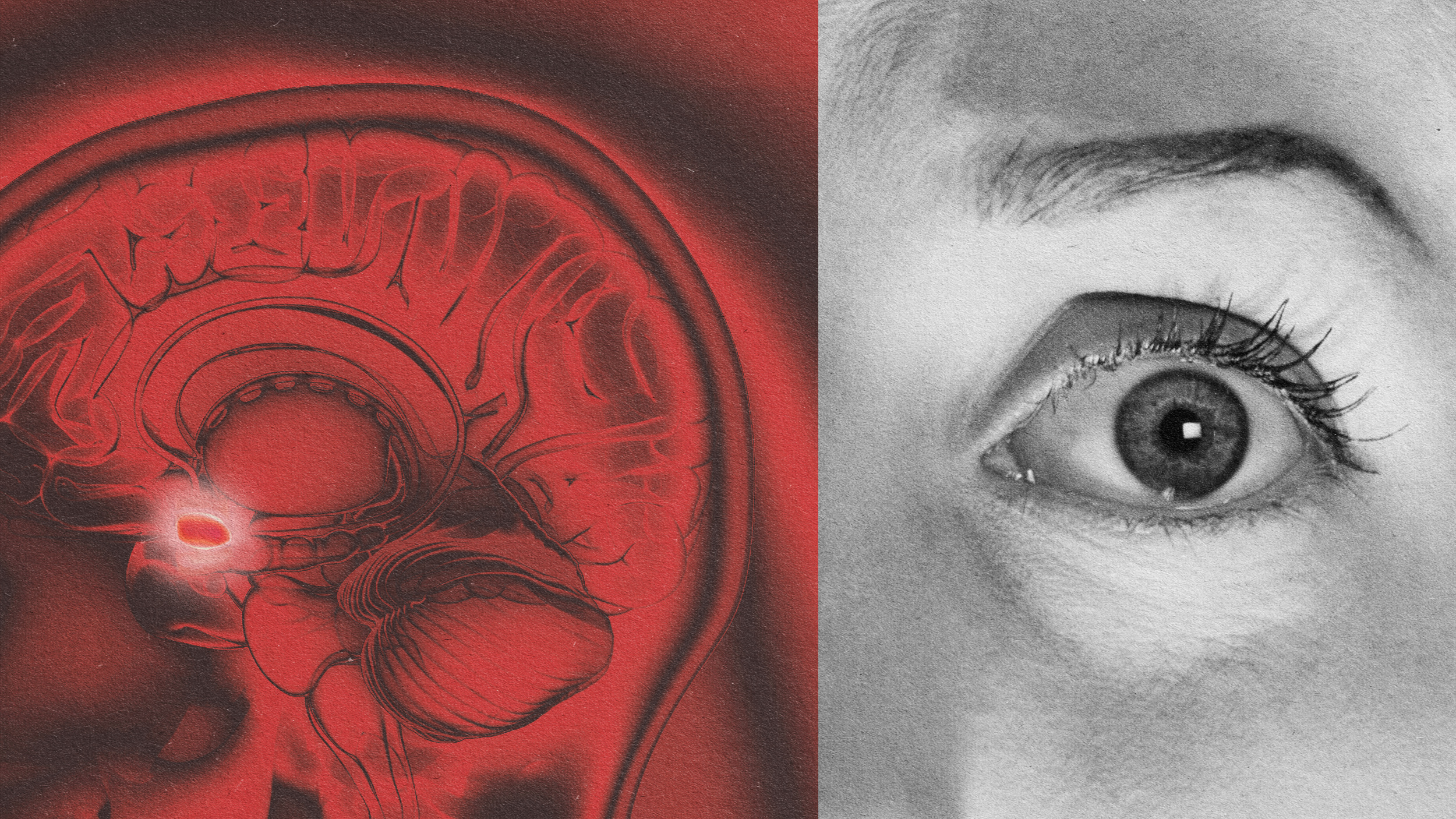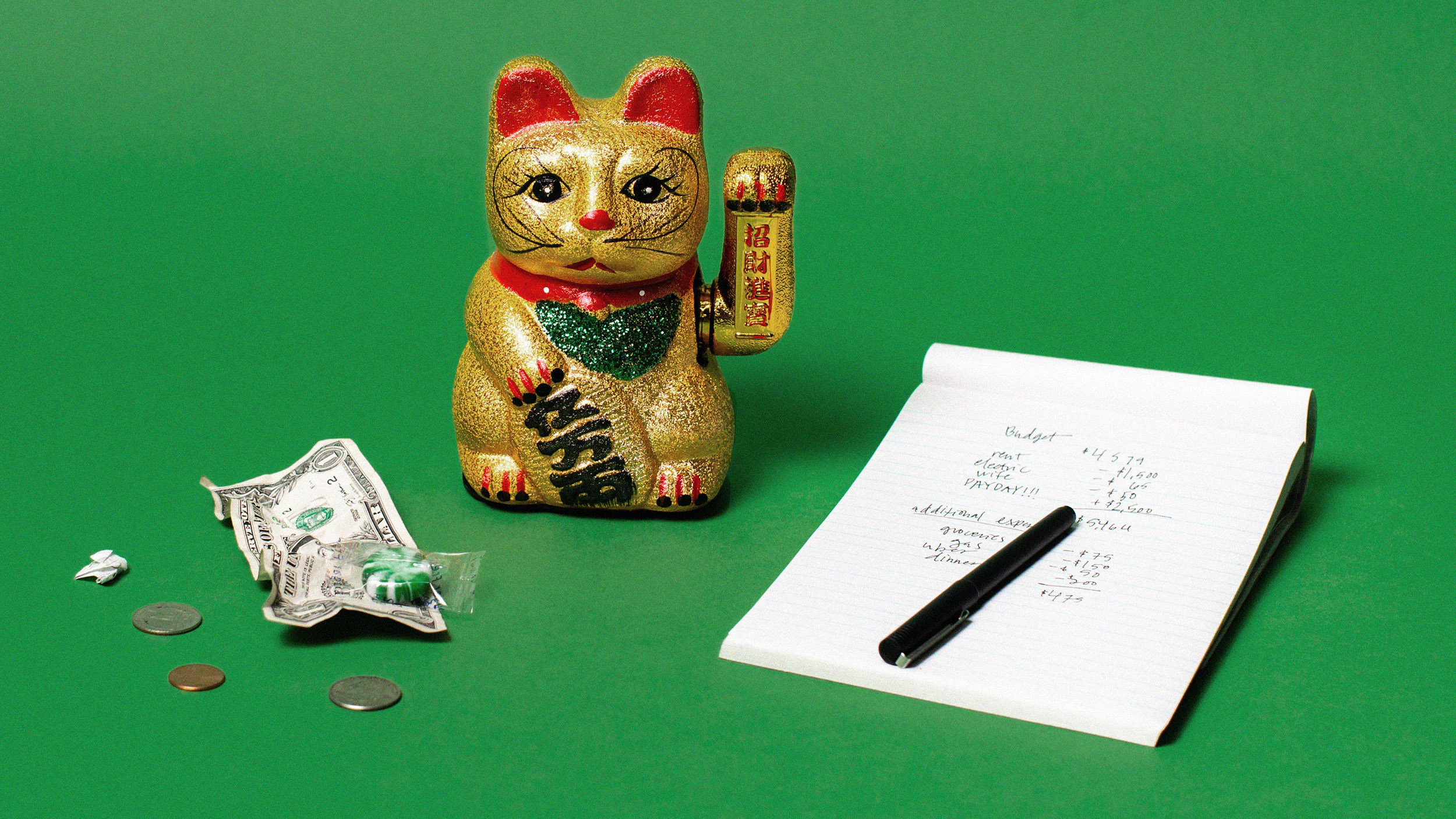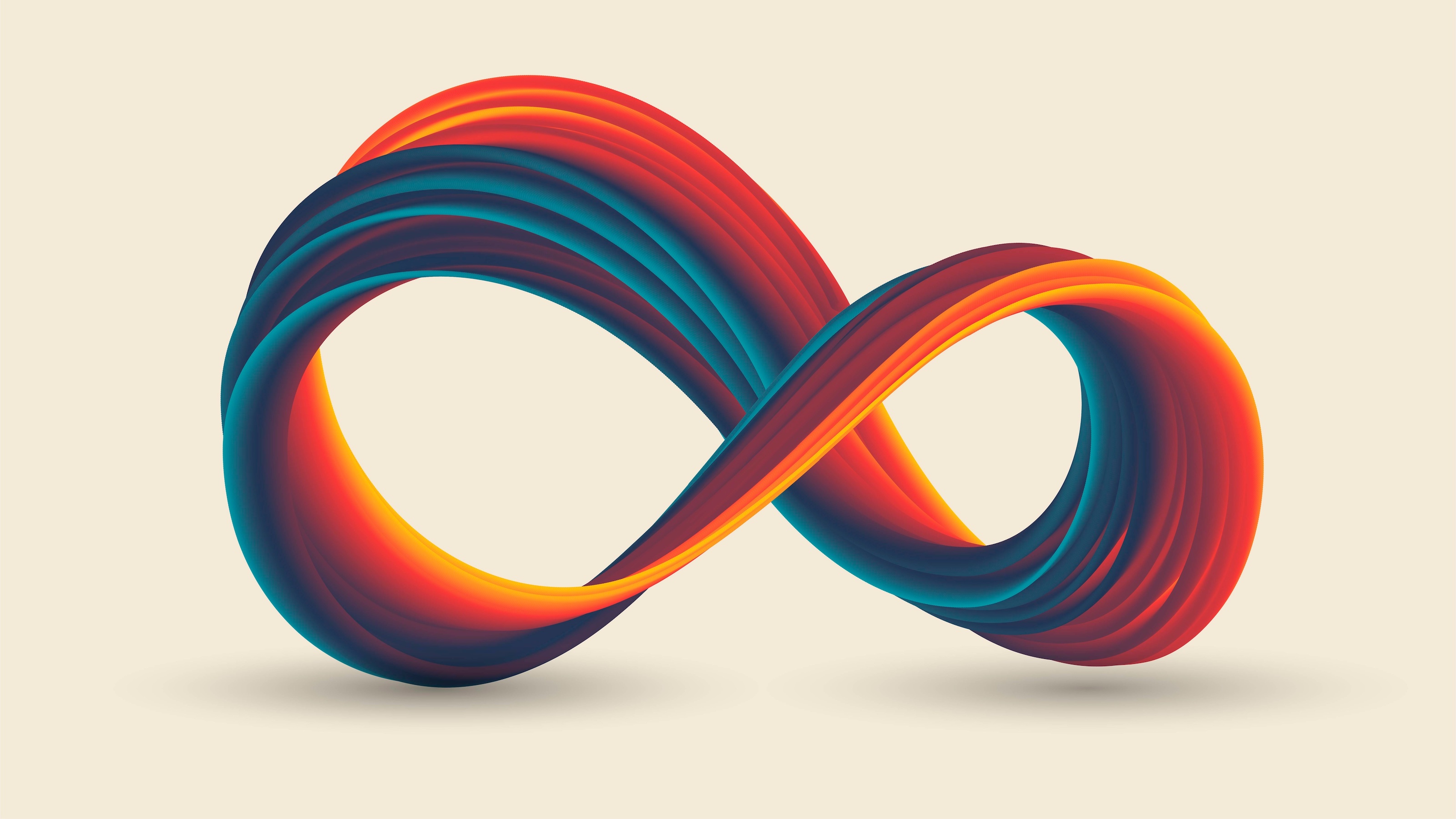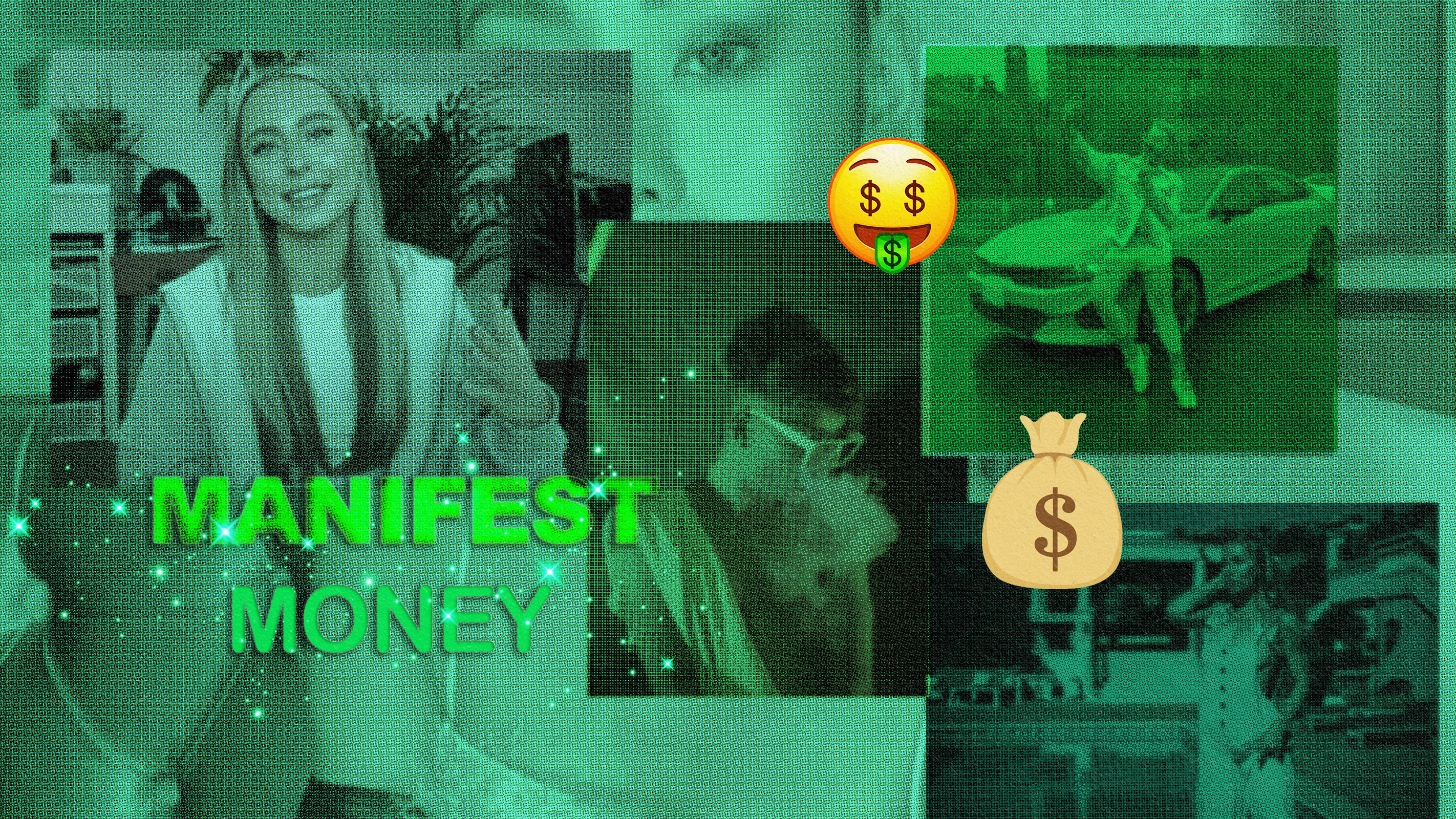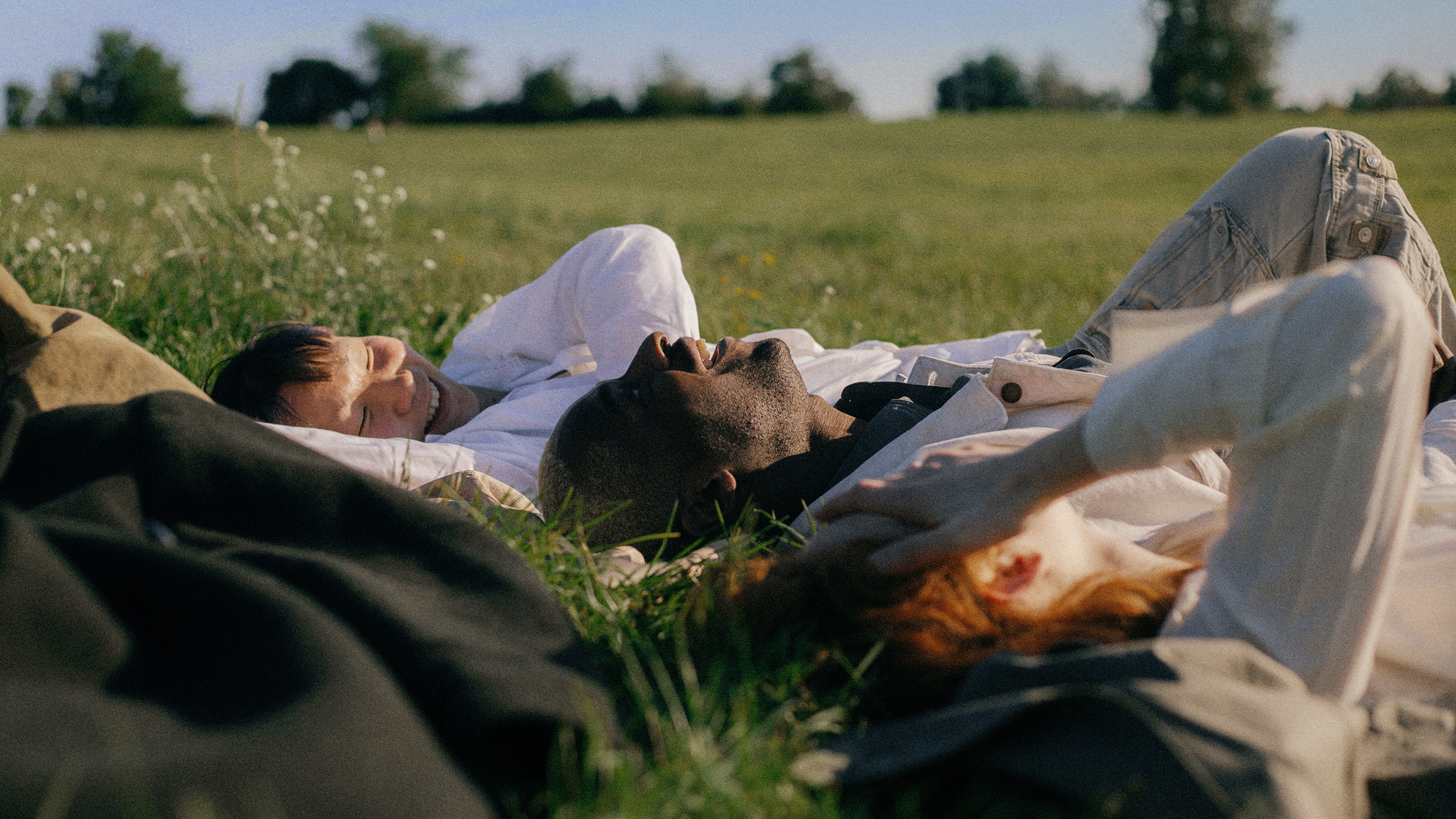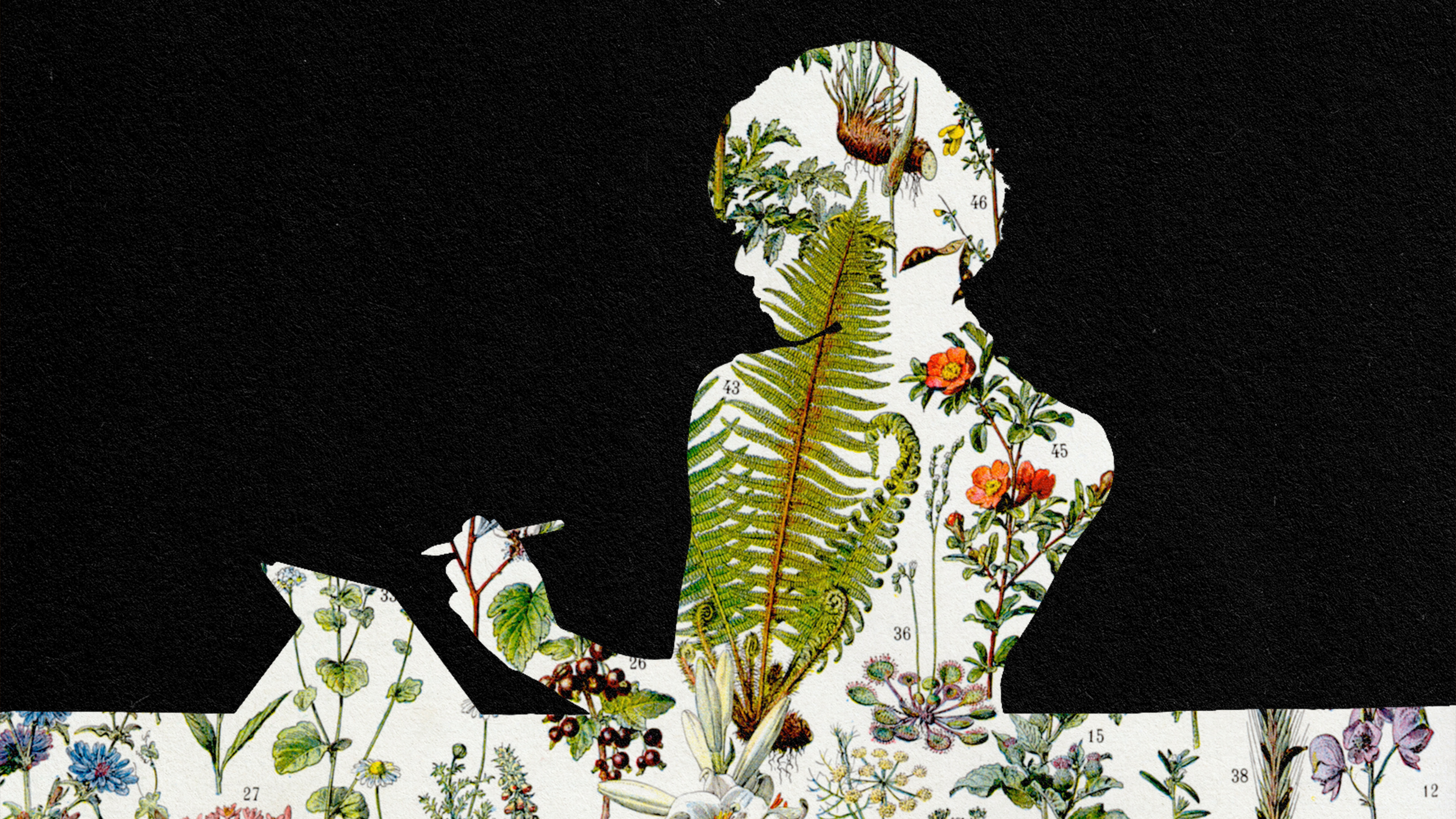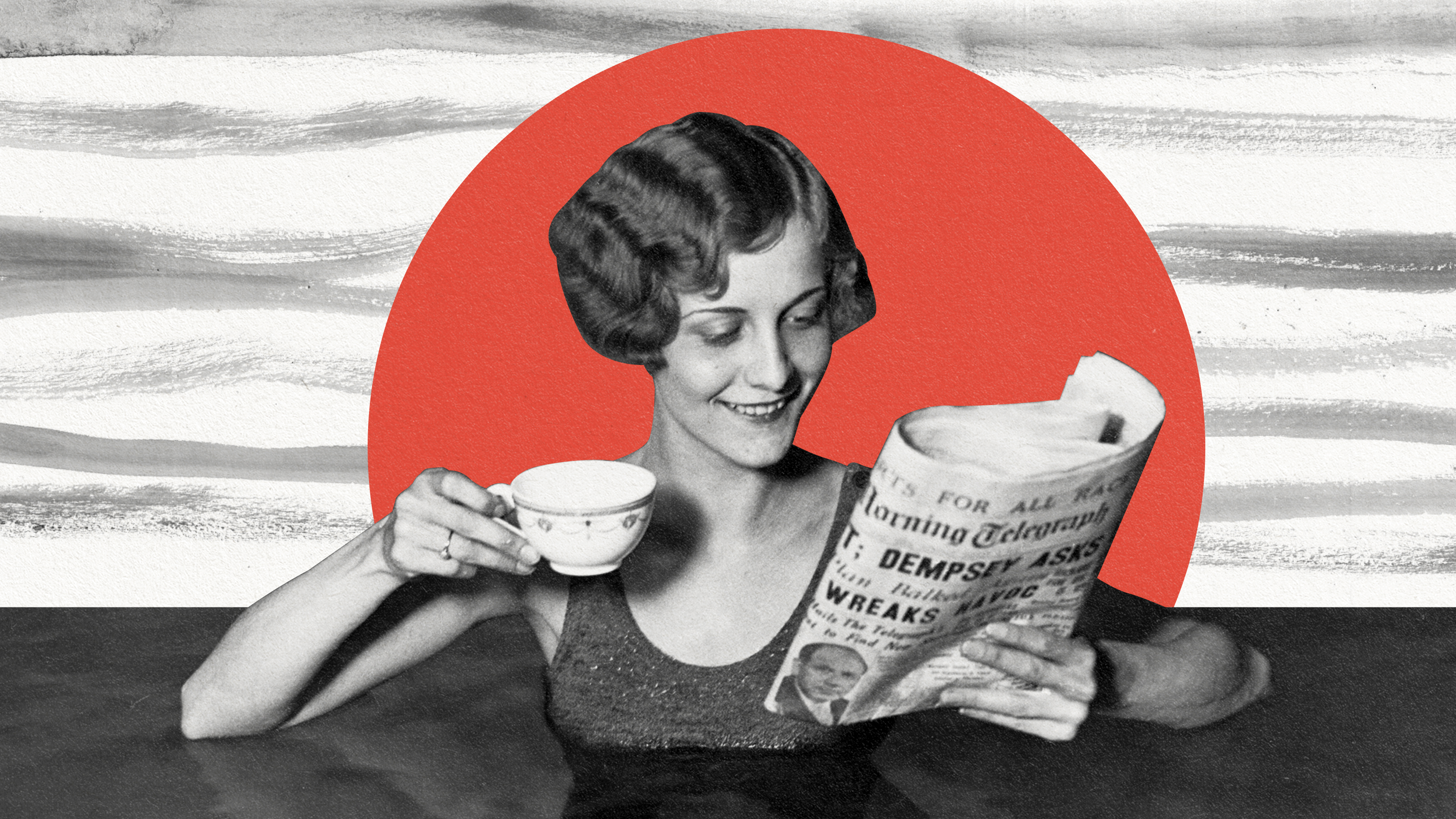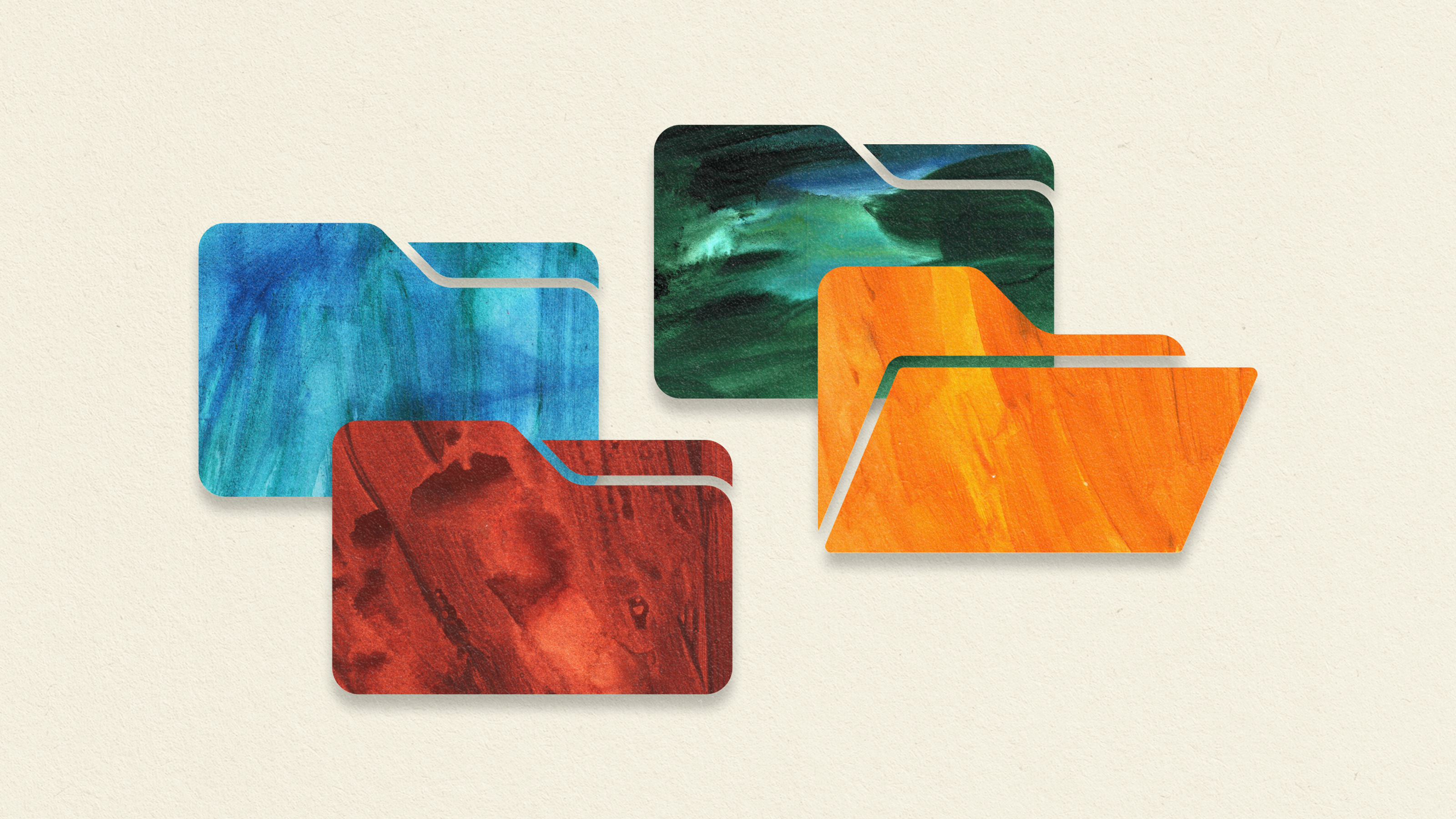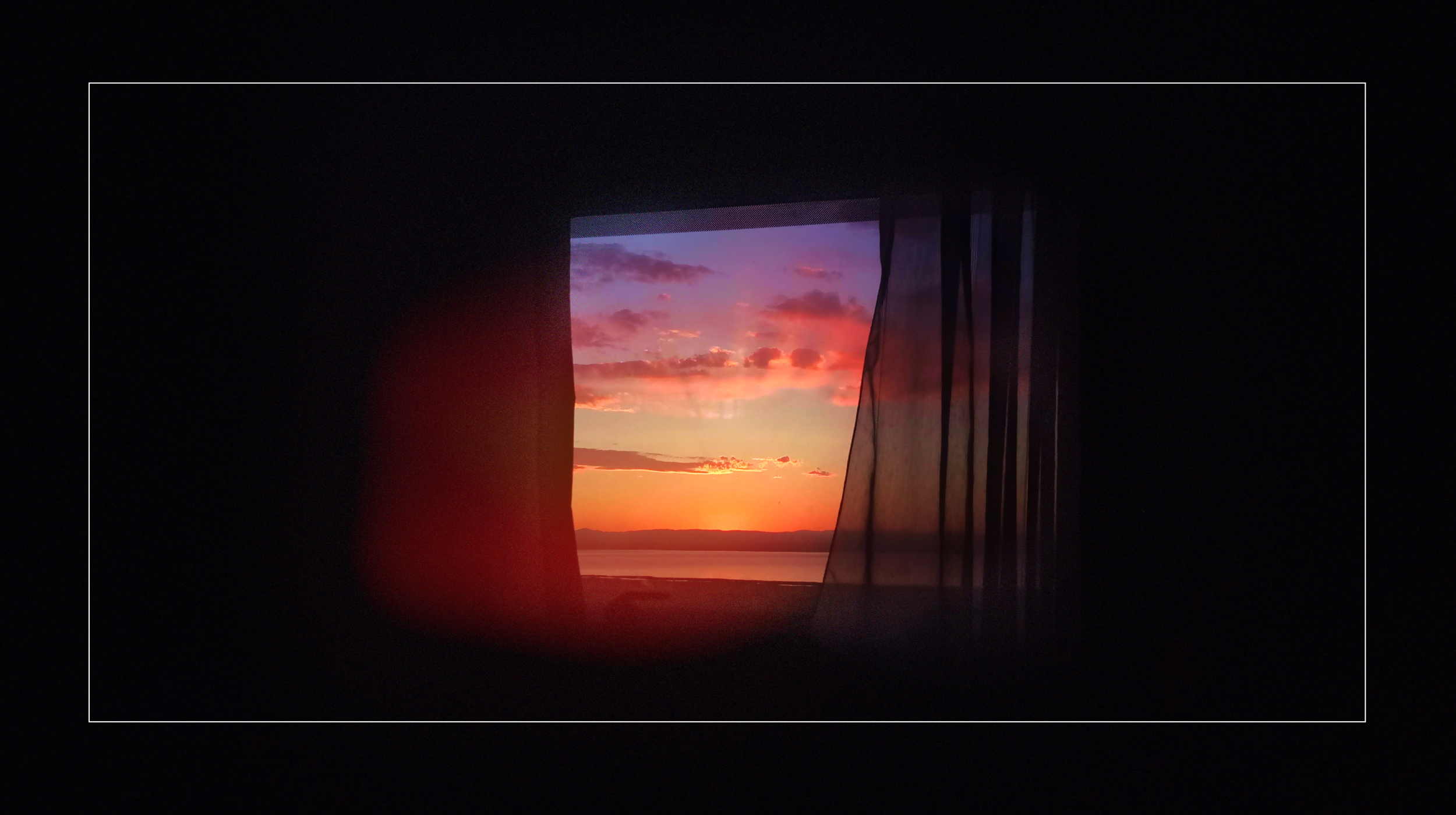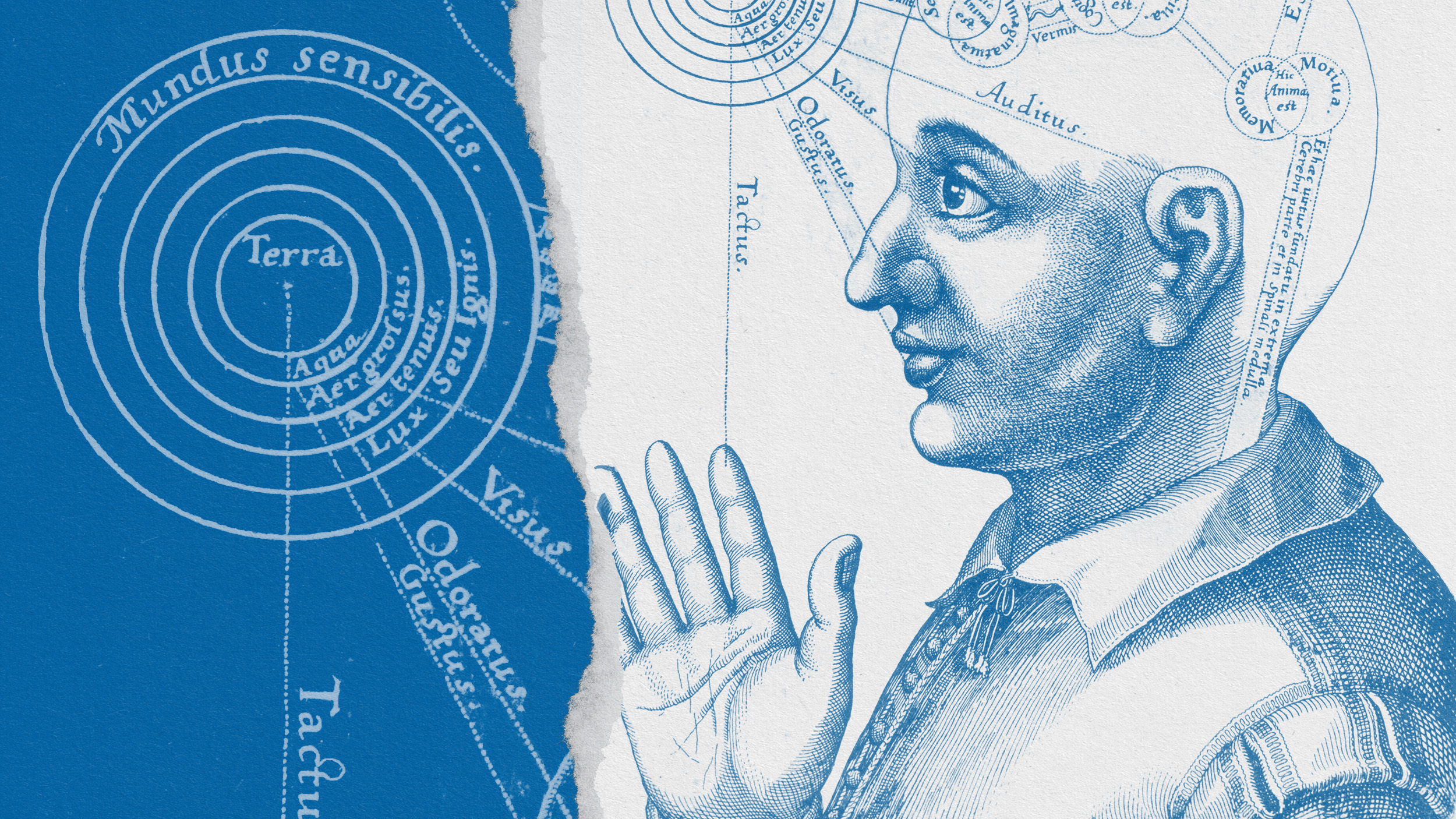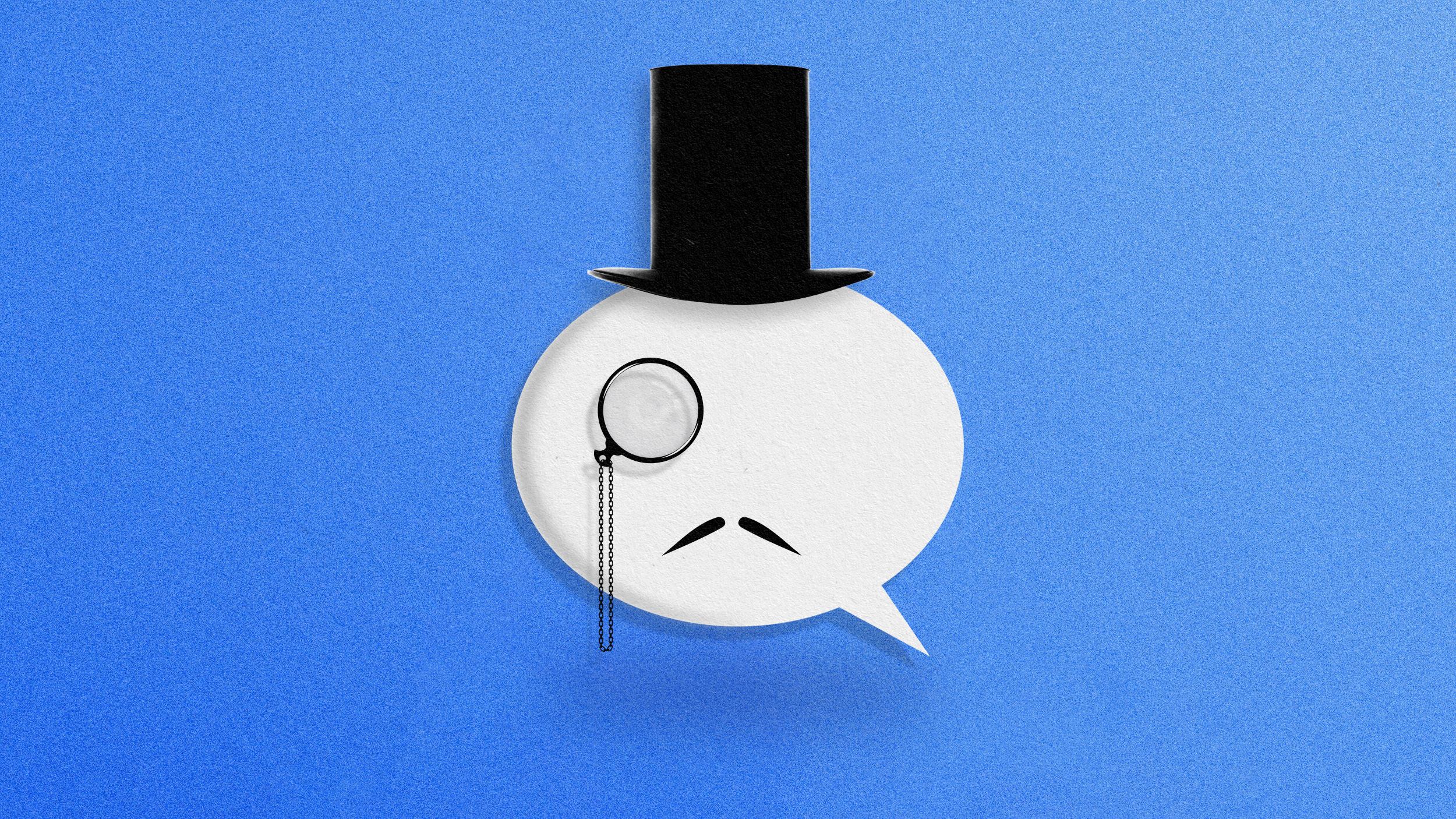Life Hacks
Actor and science communicator Alan Alda shares his three rules of three for effective and empathic communication.
We each have the same 24 hours in the day. How will you spend yours?
Many conversations start awkwardly and derail from there, but a few simple techniques can put them back on track.
When we prepare for our plans to go wrong, we build the foundations for lasting profit.
The modern attention economy hijacks our ability to focus, but an ancient technique offers a means to get it back.
Stories of child prodigies and the naturally gifted hide the fact that success is built on more than talent alone.
Your brain is not an obsolete piece of technology. Once properly trained for learning, it’s your ticket to navigating the AI landscape.
There are many things in life that cannot be improved with greater effort. Sometimes, life requires that you step back.
We often assume that movement means progress and that doing something is better than doing nothing. That is often not true.
We are wired to value things more when we work hard at attaining them — even if, objectively, they aren’t worth that much.
Morning, afternoon, or night: When is the best time to exercise? Scientists have extensively studied this question. Here’s what they found.
From fearless quitting to redefined values, “Virtual Natives” are reinventing work culture.
The amygdala can hijack your brain’s response if it recognizes past trauma in a current situation. To regain control, simply press pause.
Spend well, save well, live well.
Individuals and organizations can maintain a strong and enduring identity by repeatedly remaking themselves.
Quality down time is important for relationships. Here are three practical suggestions to create more of it.
The anxieties underpinning the Great Resignation were simmering for a long time. Here’s a solution.
Millennials — who were raised to expect unlimited success but found only disappointment — can be drawn to manifestation.
Be more like Goldilocks.
Studies on “growth mindset” interventions fail to show significant benefits.
Anger and silence are the two worst reactions.
We can no longer approach the news as passive consumers.
Don’t argue with science. Just do it.
How we organize all our digital stuff — from work research to side hustles to family photos — is key to our productivity.
How the simple act of watching twilight can radically transform our perception of the world and our role within it.
Scott Dikkers discusses comedy, the creative process, and life lessons learned playing peekaboo.
When a whoopsie-daisy just won’t cut it.
The idea is to study the thing itself — be it a work of literature, death, family, a car, a vaccine, or the hospital — without preconceived notions, trendy easy answers, or dogma imposed on it.
Despite the claims of speed reading apps, it turns out that you actually have to read the book if you want to learn from it.
If you want to write and speak well, use common words, not grandiose ones. Unless you’re Shakespeare, you’re more likely to annoy people.

